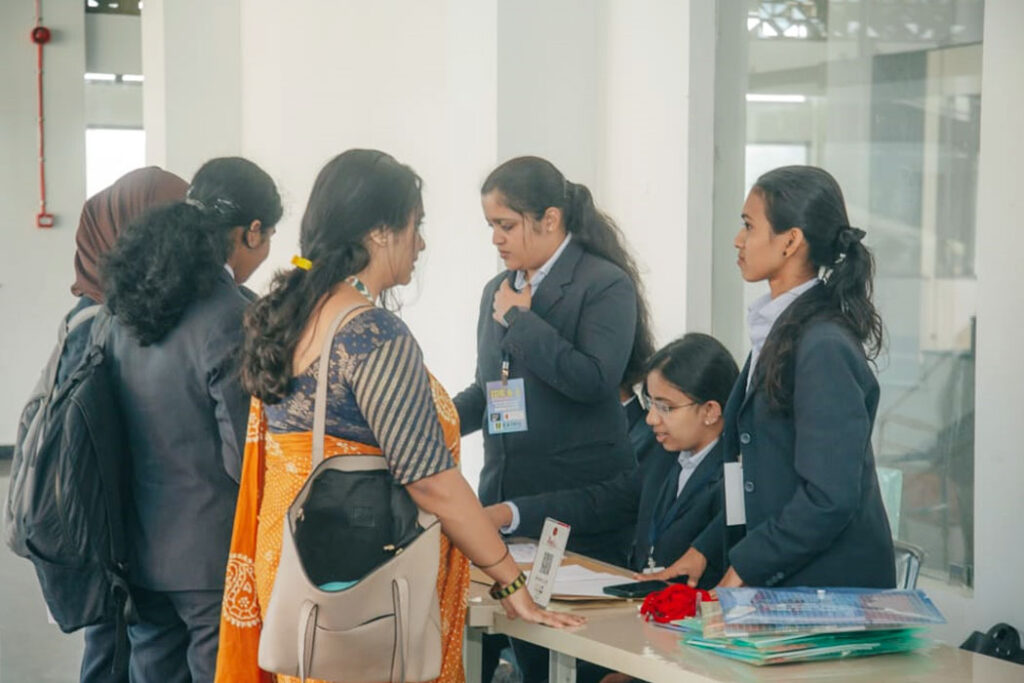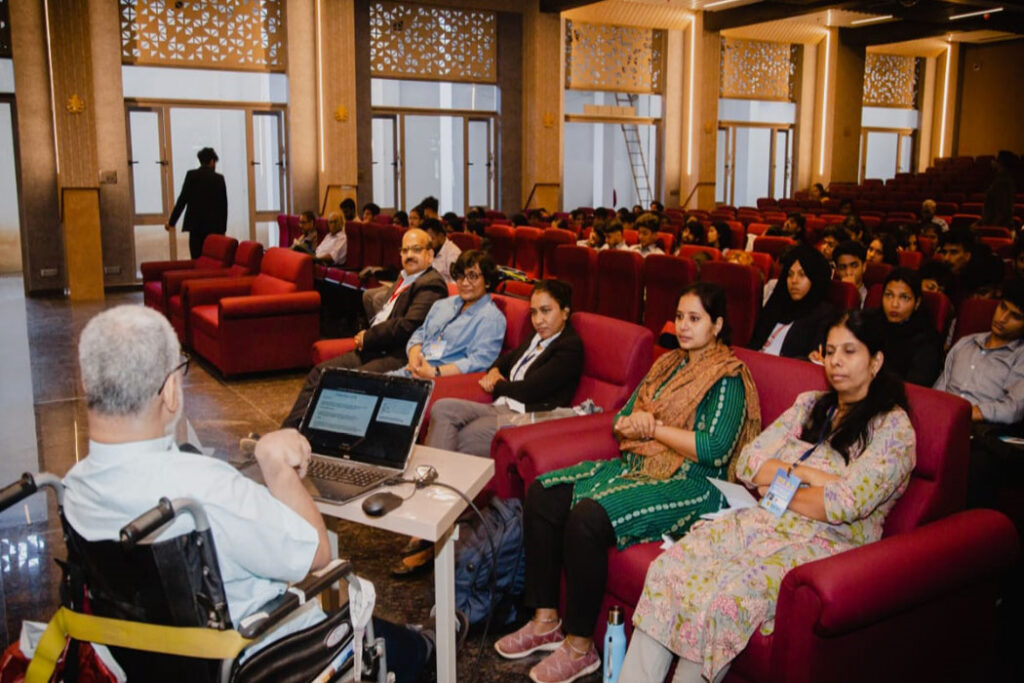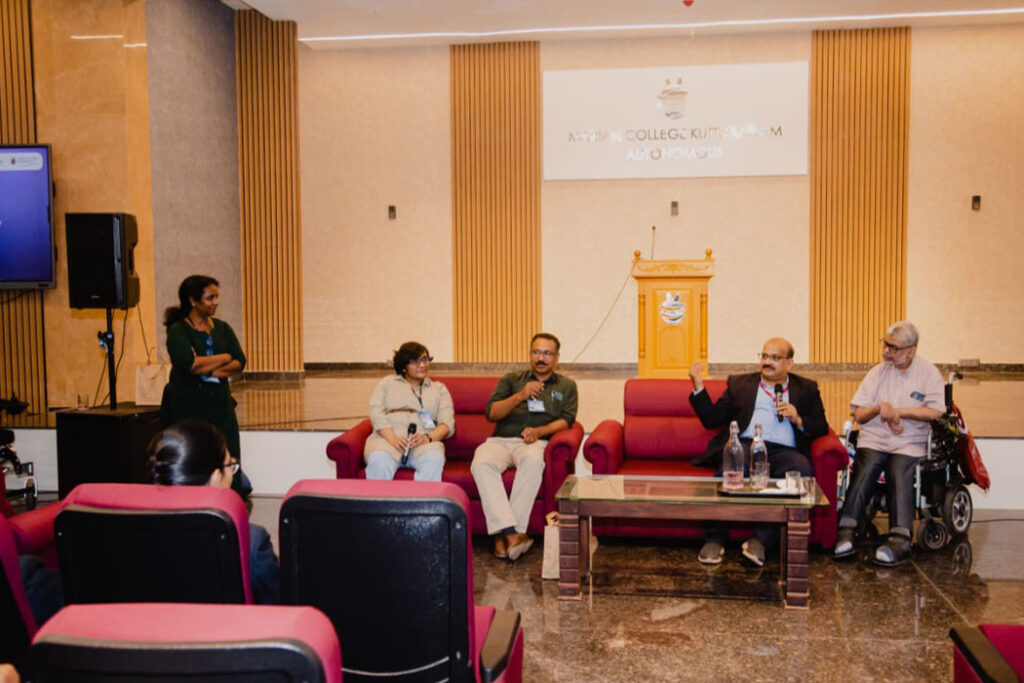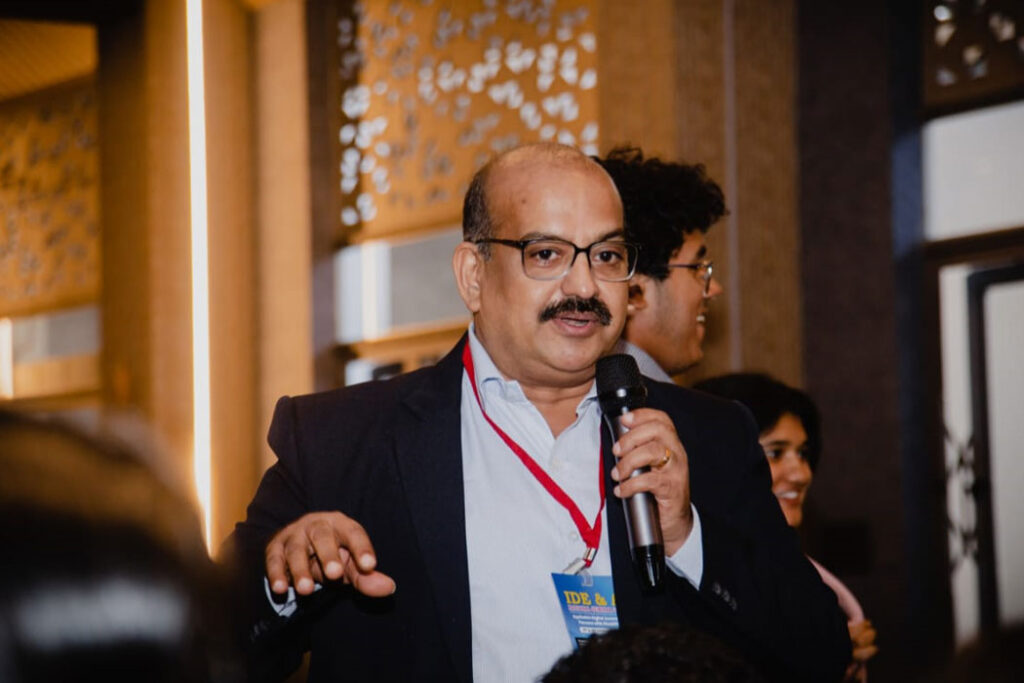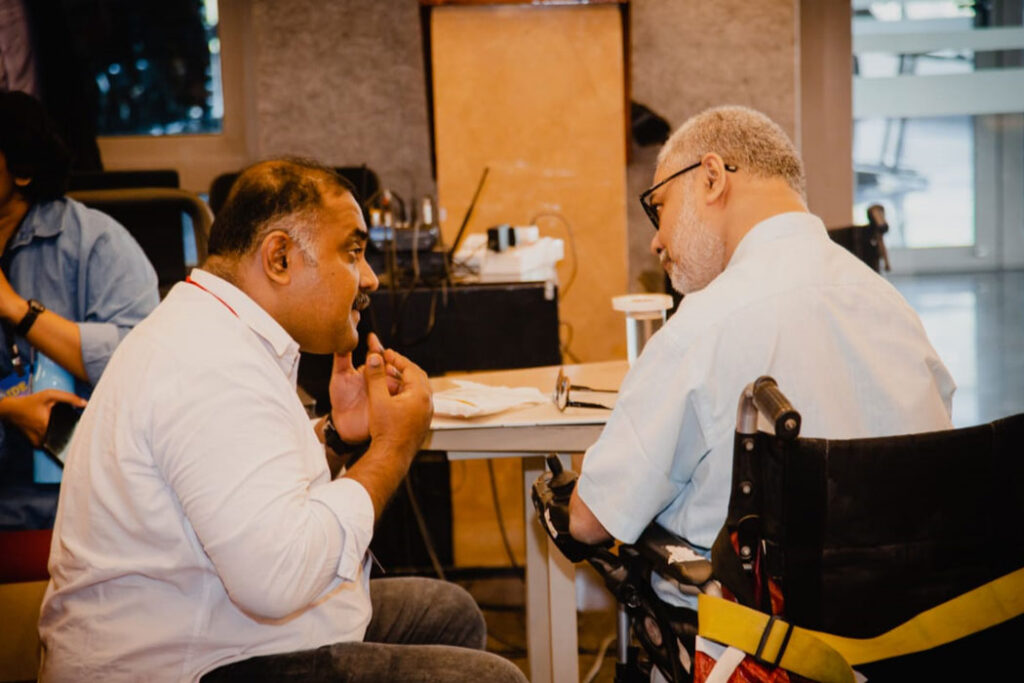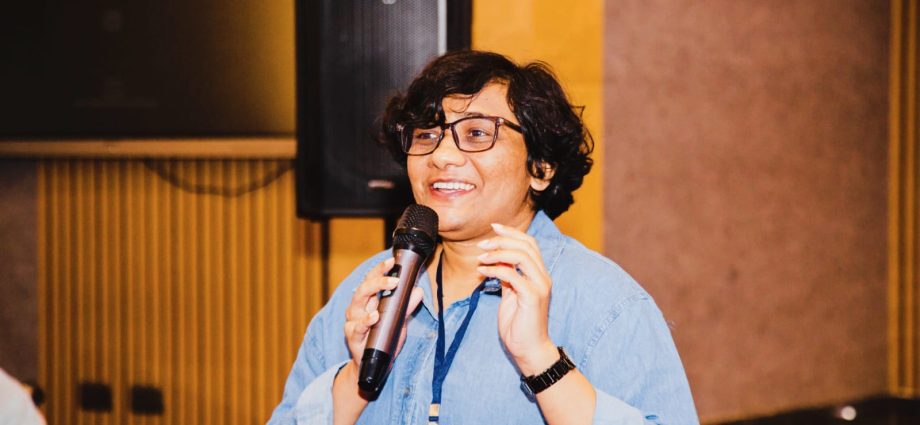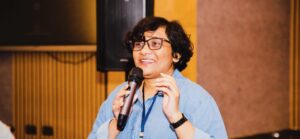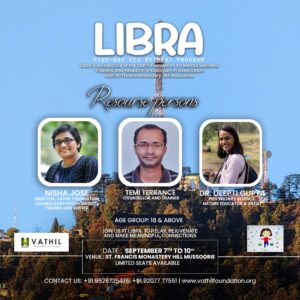The annual event of Vathil Foundation, IDE & A National Seminar, organized in collaboration with Marian College Kuttikkanam (Autonomous), stands as a beacon for promoting Inclusion, Diversity, Equality, and Accessibility. This seminal event underscores our commitment to creating an inclusive society where diversity is celebrated, equality is pursued, and accessibility is ensured for all.
Educational institutions and technology centers should adapt policies that ensure “inclusive and equitable digital access for persons with disability.
“There is a greater need and awareness for accessible and inclusive environment for individuals with disabilities,” said Nisha Jose, the director of the Vathil Foundation and the person behind the conference.
Explaining the goals of the conference, Jose, who is also a person with disability, emphasized the crucial role that assistive technology plays in promoting their social inclusion. She challenged the audience to take up the cause of ‘change’ by encouraging right attitudes and ideas about the inclusion of people with disabilities.
The national conference was inaugurated by Father Bobby Alex Mannanplackal, manager of Marian College.
The event also explored sub-themes like media representations of people with disabilities, technological advancements in accessibility, tailored curricula for those with learning disabilities, enhancing employment opportunities for individuals with disabilities, and achieving a harmonious balance in societal inclusion.
This key session on “ability and disability” was led by Nilesh Singit, a person with cerebral palsy and a ddistinguished research fellow, Centre for Disabilities Studies NALSAR University of Law Hyderabad.
He questioned the medical model of defining ableism on the belief that persons with disabilities need to be “fixed,” and that a person’s impairment is what defines them.
“It isolates and excludes the disabled from normal society, limits their chances and rights, and presents them as helpless victims who require protection or charity”, he observed. It also prevents people with disabilities from doing many things, he added.
He talked about accessibility, universal designs, international and national policies on digital accessibility and guidelines of digital accessibility from his experience and knowledge.
P J Matthew Martin, in charge of the Information and Documentation Center, Mumbai, stressed the need for engaging persons with disability in the media, journalism, reporting, editing or developing a universal design of communications.
G. Senthil Kumar, chairman of Helikx Open School, Salem, spoke about his transformation from a dyslexic youngster who struggled with the regular school system to the chairman of a renowned alternative education institute.
Kumar, a well known person with disability who excelled in research, teaching, and public speaking, narrated about how Artificial Intelligence and technology assisted him in overcoming his obstacles.
He demonstrated how AI technologies may be used to enhance learning without lowering a person’s self-esteem and described how technology can be used for the management of dyslexia and ADHD (Attention-deficit/hyperactivity disorder).
Jubilant Kizhakkethottam, assistant professor in the Computer Science Department at Saintgit College, Kottayam, Kerala, led the session on emerging trends on technical breakthroughs in accessibility.
He demonstrated how assistive devices, virtual reality, and artificial intelligence can empower people with disabilities. He shared examples of virtual environments and personalized aids to support individuals with various disabilities.
Prijith K Manger of “Samagra,” an inclusion project of the Kerala Knowledge Economy Mission, shared his experiences of improving the employability of people with disabilities. He questioned conventional ideas of normalcy, underlined the value of diversity and inclusion, and underlined the need for skill development, career support programs, and targeted recruiting drives.
Psychologist Hena N. N. examined the benefits and drawbacks of technology for people with disabilities. She also covered the idea of digital well-being and techniques for responsible technology usage. She emphasized the value of empathy and provided tools and resources to encourage positive digital behaviors.
Gabriel C. Francis, a 19-year-old youngster with Down syndrome who represented Thrissur Down Syndrome Trust, performed a cooking demonstration and played the keyboard.
The conference was attended by social activists and students from various disciplines who vowed to work for an inclusive society.
The program ended with a call for sensitizing people in technological fields to get more sensitized and educated about “Inclusion, Diversity, Equity and Access,” so that it will benefit all humanity, including persons with disability.
